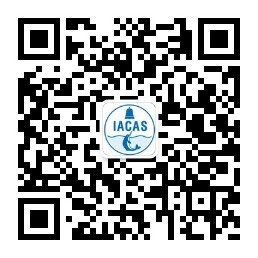Reverberation is a well-known effect that has an important role in our listening experience. A great deal of research has been devoted in the last decades aiming to artificially reproduce the reverberation effect exploiting a hybrid reverberation structure. In this context, several automatic procedures have been presented in the literature in order to derive the reverberator structure considering the mixing time evaluation and the minimization functions definition for the late reverberation device.
Taking into consideration these aspects, a deep analysis of hybrid digital reverberator audio quality is co-researched by scientists in domestic and abroad. A. Primavera, S. Cecchi, and F. Piazza from the Department of Information Engineering, Università Politecnica delle Marche, Italy and J. Li from the Institute of Acoustics, Chinese Academy of Sciences, China, did this research together.
It introduces a new parameter for the definition of the mixing time and two new cost functions for the definition of the late reverberation parameters. More in detail, starting from the considerations derived from a previous accurate approach based on the mel frequency cepstral coefficients, the new cost functions are based on the evaluation of the perceptual linear predictive and power normalized cepstral coefficients.
Several results are reported, in terms of objective measure, performance analysis and subjective measures, taking into consideration of different real impulse responses and various input stimuli and making a comparison with the state of the art algorithms. Objective results report a better impulse response approximation exploiting power normalized cepstral coefficients based cost function. And listening tests prove that audio quality is not greatly influenced by the number of coefficients employed in the minimization procedure. Moreover, the perception is quite similar for all the three presented cost functions. On this basis, an evident improvement can be achieved in terms of computational cost reduction, during the parameter estimation procedure exploiting a single coefficient per frame in the impulse response.
Journal References:
Andrea Primavera, Stefania Cecchi, Junfeng Li and Francesco Piazza. Objective and Subjective Investigation on a Novel Method for Digital Reverberator Parameters Estimation. IEEE-ACM TRANSACTIONS ON AUDIO SPEECH AND LANGUAGE PROCESSING (vol. 22, no. 2, pp. 441-452, FEB 2014). DOI: 10.1109/TASLP.2013.2295925


